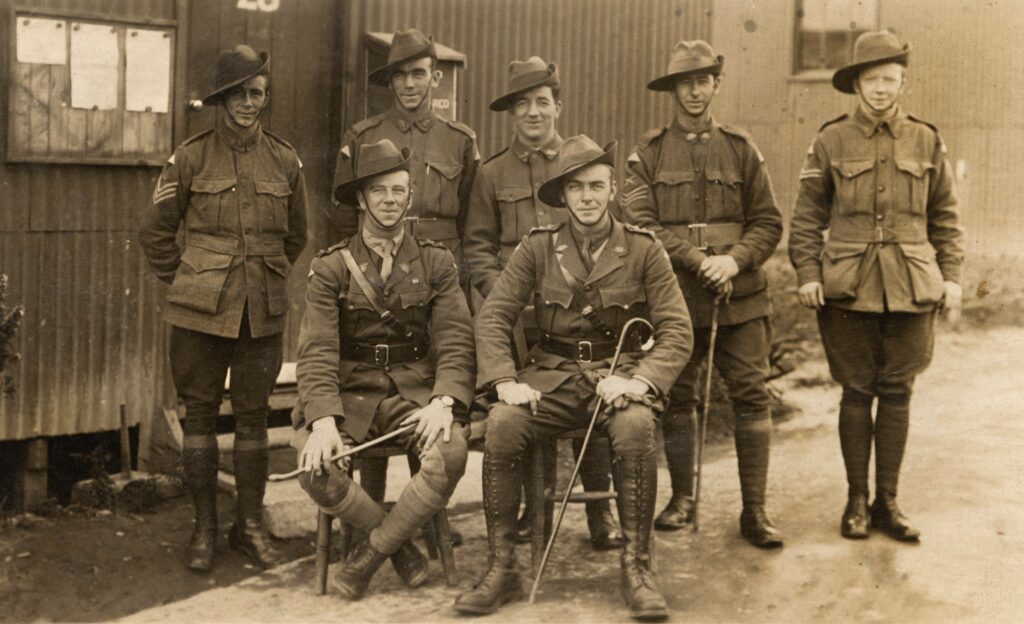Remembrance Day Mental Health
Their sacrifice & the mental health impact felt across generations

Armistice Day
2023 marks the 105 years of Armistice Day, also known as Remembrance Day.
Originally an acknowledgement of the end of World War 1 following the unconditional surrender of Germany to Allied forces in 1918, Remembrance Day has since evolved to include the sacrifice and courage shown by all soldiers lost in war. It is important for the healing of humanity to hold in mind the purpose and impact of these conflicts on an individuals, families, communities, and subsequent generations, lest history should be repeated.
Now is a time to acknowledge the sacrifices made by men and women who have dedicated their lives to serving the Australian Defence Forces (ADF). For many, the ADF can be experienced as both Mother and Father, providing shelter, food, income and support alongside discipline, structure, skills and a sense of comradery.
Mental Health Impact
Military training develops soldiers to function well under very high levels of stress, and to respond to threats in ways that could ultimately saves lives in combat situations.
Unfortunately, these skills and patterns of behaviours are not so helpful for life outside of the military and can have a detrimental effect on the personal lives of serving and veteran defence force members.
The impact of military service, whether a soldier experiences live combat or otherwise, is felt on multi-systemic levels, from the individual to their families, community, and the generations that follow them.
Soldiers can experience significant challenges when they discharge into civilian life, with many structures falling away leaving them feeling ill-equipped and isolated, which can lead to anxiety, depression and problematic behaviours (including addiction).
Mental Health Support
Mental health struggles have been recognised by the ADF, the Australian Government, and the Department of Veterans’ Affairs (DVA) who have created a joint initiative to help veterans transitioning into civilian life.
Anyone who has served a minimum of 1 day in the ADF (including Army Reserves) is currently eligible for Non-Liability White Card which would entitle the holder to fully funded mental health care for all mental health conditions with qualified mental health providers.
Open Arms (formerly Veterans and Veterans’ Families Counselling Service) also recognises the impact of military service on the loved ones of ADF members (including descendants) and offer fully funded mental health support to those who are eligible. This service includes individual and couple’s therapy, group programs, and case management.
How we can help
DVA and Open Arms have a comprehensive network of mental health providers throughout the country, including Mr. Phillip Lathopolous, Clinical Psychologist and Psychotherapist here at Psychology Health Studios.
If you feel that you or a family member may benefit from psychological support, request an appointment online for a time that suits you.

Additional Support
Open Arms can be contacted on 1800 011 046
DVA www.dva.gov.au

